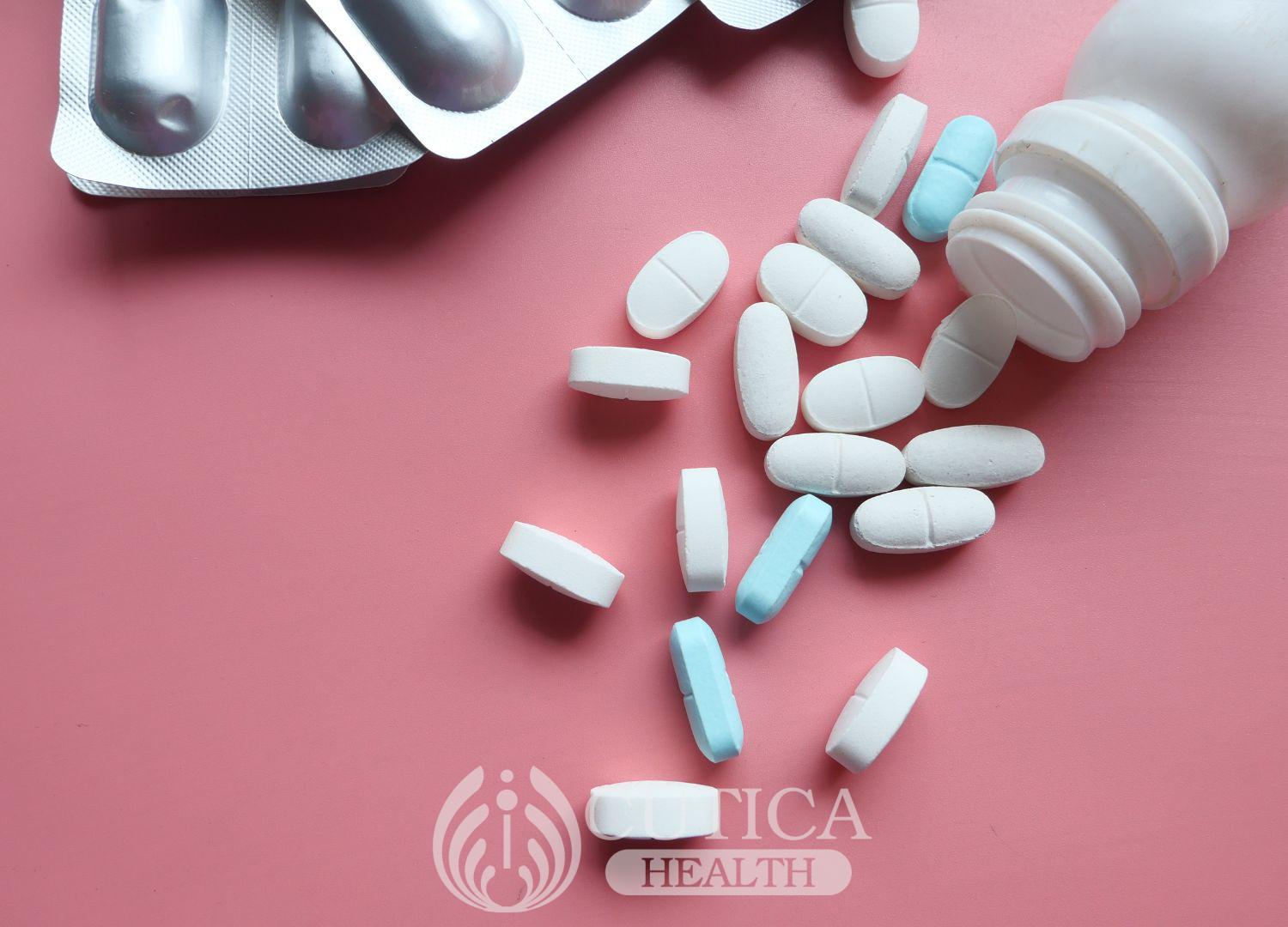
Joan is an 81-year-old retired teacher living in an assisted living facility. 3 weeks ago, she started feeling throat pain. She went to an urgent care and was told that she had an infection. She was prescribed clindamycin, and was instructed to take it for 7 days. In the morning of her 6th day of antibiotic treatment, she started feeling pain in her abdomen. Later that day, she had frequent episodes of loose and watery bowel movements. Concerned that she was losing a lot of fluids, she went to her doctor and was told that her medication might be the reason for her symptoms.
What is C. difficile and where is it found?
Clostridioides (formerly Clostridium) difficile is a bacterium that can be found in the gut. It is more commonly known as C. diff. About 5-15% of healthy adults have C. diff in their gut and not have any symptoms. This is because other types of bacteria that are found in the gut usually help control the amount of C. diff.

C. diff can be found in soil, water, stool, and does not need oxygen to survive. Ironically, they are commonly found in healthcare facilities.
What is the role of C. difficile in antibiotic treatment?
An infection with C. diff happens when the bacterium multiplies to very high amounts and invades the gut, causing diarrhea and inflammation (colitis). This often occurs due to treatment with antibiotics, because antibiotics kill the bacteria in the gut that help keep the amount of C. diff in check. Without these ‘protective’ bacteria, C. diff is free to multiply and divide, inflicting damage to the walls of the gut.
Am I at risk for C. difficile infection?
It has long been thought of that C. diff infection is only seen in the older population, particularly those who are admitted in hospitals or are living in long-term care facilities, undergoing antibiotic treatment. Those who have weakened immune systems are at a greater risk as well. However, there are now increasing rates of C. diff infections seen in young and healthy people as well.
Nevertheless, antibiotic treatment is one of the most important risk factors, as it increases your chances of getting a C. diff infection by 7-10-fold. This is why it is important for us to avoid unnecessary antibiotic treatment as much as possible.
Do I have a C. difficile infection?
As mentioned, infection with C. diff can cause diarrhea and inflammation of the gut (also known as colitis). Diarrhea is usually watery, and colitis may manifest as the following:

Fever
- Abdominal pain and tenderness
- Nausea
- Decreased appetite
More severe infections may have these additional symptoms:
- Dehydration
- Rapid heart beat
- Blood or pus in stool
- Weight loss
Of note, while the majority of people who get infected with C. diff recover fully with no long-term consequences, the unlucky few may experience serious complications which can be life-threatening.
Consult your doctor if you are on antibiotic treatment and start developing any of the mentioned symptoms.
Key points:
- C. difficile is normally found in the gut in low amounts
- Other types of bacteria found in the gut help prevent C. difficile from multiplying to dangerous levels
- Antibiotic treatment can alter gut bacteria and cause C. difficile to “overgrow” and cause illness
- Older people and those who have weak immune systems are more at risk of getting sick from C. difficile
- C. difficile causes watery diarrhea and colitis












